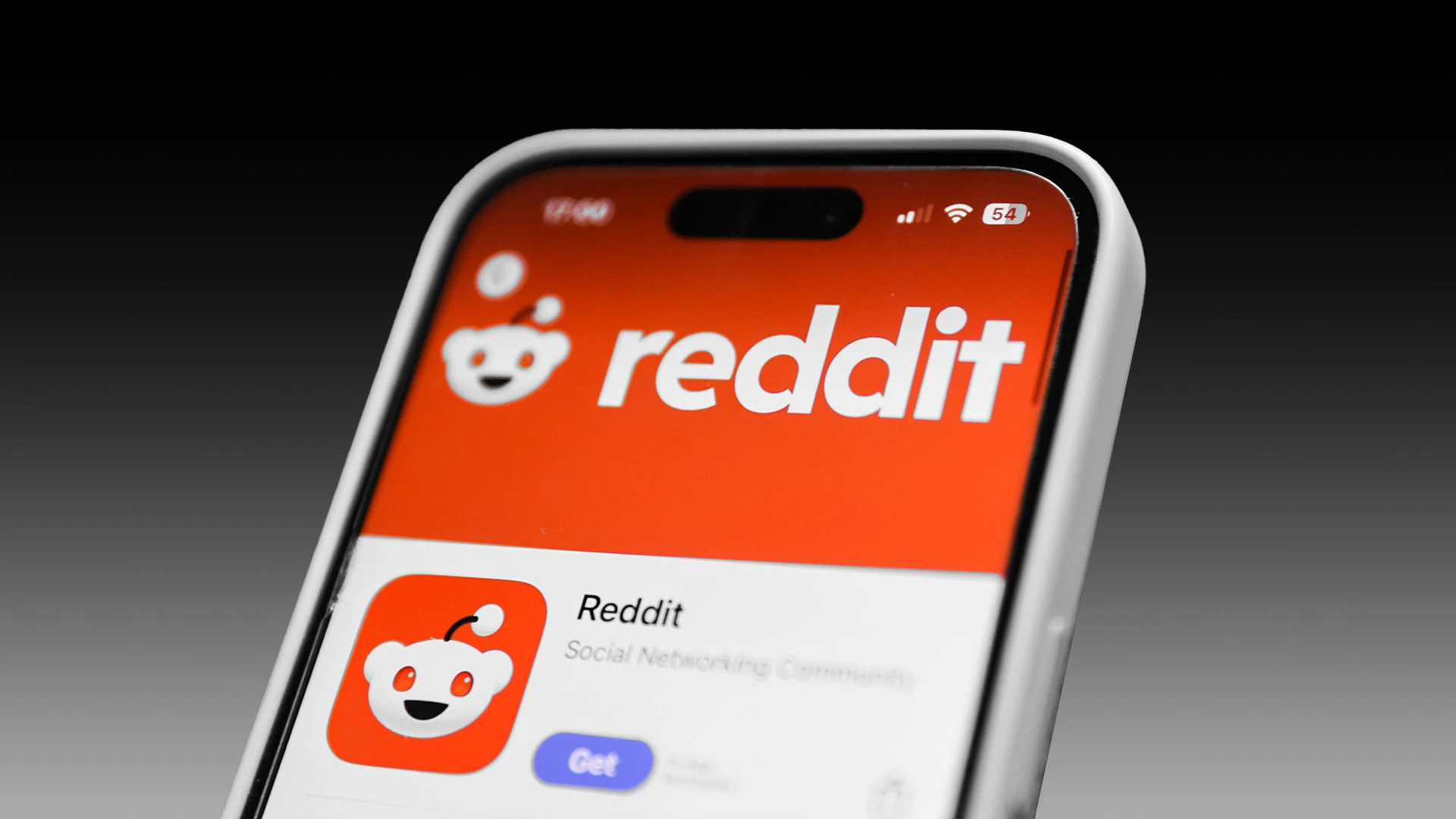The internet has a “snarking” problem.
Snark is defined by Merriam-Webster as an “expression of mocking irreverence and sarcasm,” and who does the internet love to mock more than influencers? In recent years, online users have congregated in a number of subreddits to obsessively dissect influencers’ every move—with the line between critique and harassment becoming increasingly blurred.
Subreddits like r/Blogsnark, r/NYCinfluencersnark, and r/LAinfluencersnark are each full of hundreds of thousands of members dedicated to tracking—and critiquing—influencers’ online activities. “Definition of ‘lights are on but no one’s home,'” writes one user in r/NYCinfluencersnark, posting a screenshot of an influencer’s TikTok. “Did she get cheek filler?” questions another alongside a screenshot of a different NYC-based influencer.
Some influencers even have entire dedicated subreddits. TikTokker Lily Chapman recently opened up about her experience with snarking in a six-part TikTok series. In the videos, Chapman says there are no less than nine snarking pages dedicated to critiquing her appearance, her relationships, even down to the way she cooks her meals.
At best, the snark subreddits function as a place for people to vent their frustrations about the influencer industry. At times, these communities have rightfully called out influencers for shady sponsorship deals or undisclosed ads. One post on r/NYCinfluencersnark pointed out the way in which an influencer hid the “ad” disclosure text on a social media post while promoting a probiotic supplement. Another post offered an extensive breakdown of how influencers afford the expensive items they consistently flaunt online.
At worst, however, these subreddits fuel nasty rumors, spread misinformation, and engage in body-shaming and bullying. In 2022, NBC News reported on a snark subreddit dedicated to internet star Trisha Paytas that dissected her family members’ personal lives and made cruel body-shaming posts. After the article was published, Reddit banned the group. (Reddit, for its part, explicitly prohibits doxxing on its platform.)
While writing things online once seemed a relatively harmless activity, these days obsessive critique occasionally slips into territory that is actively dangerous. Doxxing—exposing private or identifying information about a person online—and cyberbullying have become disturbingly normalized, seen as just another part of life on the internet.
